World Environment Day: Minimising single-use plastic on holiday
To celebrate World Environment Day, we share sustainability tips to keep your use of single-use plastics down when you're exploring the big wide world.

Ever since that final episode of Blue Planet that imprinted itself onto our eyeballs in a pretty spectacular fashion, we’ve all suddenly woken up to the massive problem of plastic. And today, World Environment Day, is a fantastic opportunity to think about the summer holidays ahead of us, and consider how we can avoid contributing to that problem.We’ve all realised plastic is choking up our oceans and hurting our wildlife, and that if things go on the way they do then the Earth is no longer going to be a particularly pleasant home.If you’re a travel lover, then you’ve probably realised that if changes aren’t made, you aren’t going to be able to show your children and grandchildren the unspoilt paradises that you’ve been lucky enough to enjoy.So, sustainability is now even more of a priority. We can still save the environment, we’ve all just got to commit to making changes. And one of the most important changes you can commit to on this World Environment Day 2019, is to minimise the amount of single-use plastic you get through whilst you’re on holiday.
About environmental protection: what is single-use plastic?
Just in case you’re not sure what counts as single-use plastic, it’s any plastic item that’s designed to be used only once, and then thrown away.Things like straws, disposable plates, plastic bags, coffee stirrers, water bottles and packaging are all example of this.This website has a great, simple explanation as to why the use of these disposable plastic items are environmental problems and really bad news for the planet and all the species that live on it, including us.
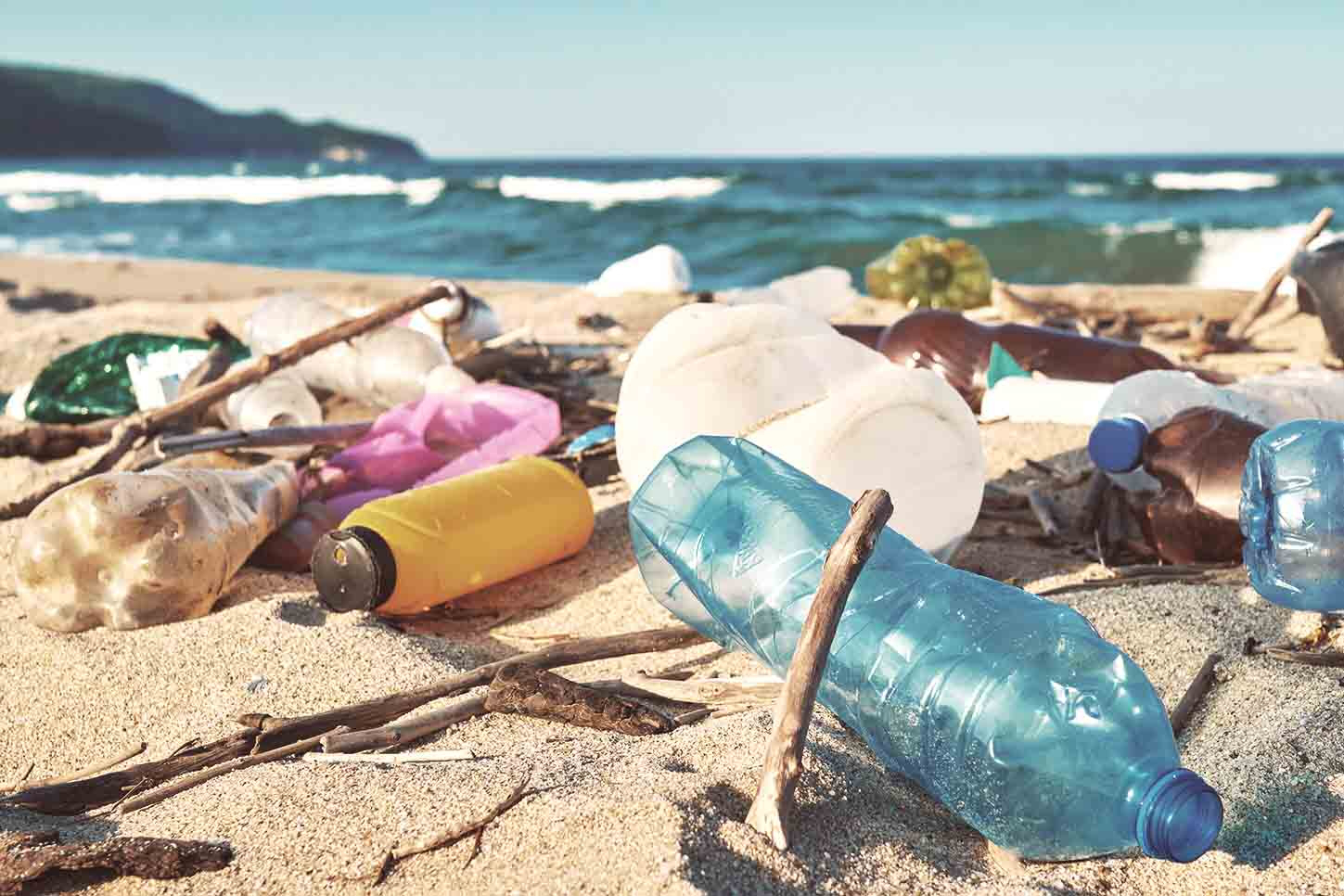
World Environment Day and travel: why can plastic be a problem on holiday?
Most people use a lot of plastic in their daily lives, with their disposable coffee cups or their food packaging, but plastic is usually harder to avoid when you’re on holiday.That’s because on holiday you often don’t have access to a kitchen or to all of the utensils you have at home, and you generally eat out more, grabbing takeaway items for lunch.In a new country, you often don’t know how things work or understand the language, so might order something thinking it’ll be plastic-free, only to find it’s covered in layers of it.That can mean that you can end up unwittingly getting through huge amounts of single-use plastic on your trip.But the good news is, it doesn’t have to be that way.If you’re passionate about conserving our environment, then these tips in honour of World Environment Day should help you significantly reduce the amount of waste you leave behind.
Tips for sustainability: refuse the straw
Have you seen that video of a vet pulling a straw out of a turtle’s nose? If you have, I’m pretty sure that, like me, you’ll never want to use a straw again. Unless it’s made out of paper or, better yet, bamboo.When you order a drink that might come with a straw, be sure to let the bartender or waiter know that you don’t need one.But it’s not all about straws. Keep an eagle eye out for any other disposable cutlery that you can do without, but you suspect might be handed to you automatically, and refuse that, too.Oh, and say no to the plastic bags. It’s all just a matter of thinking ahead and foreseeing any potential plastic problems.
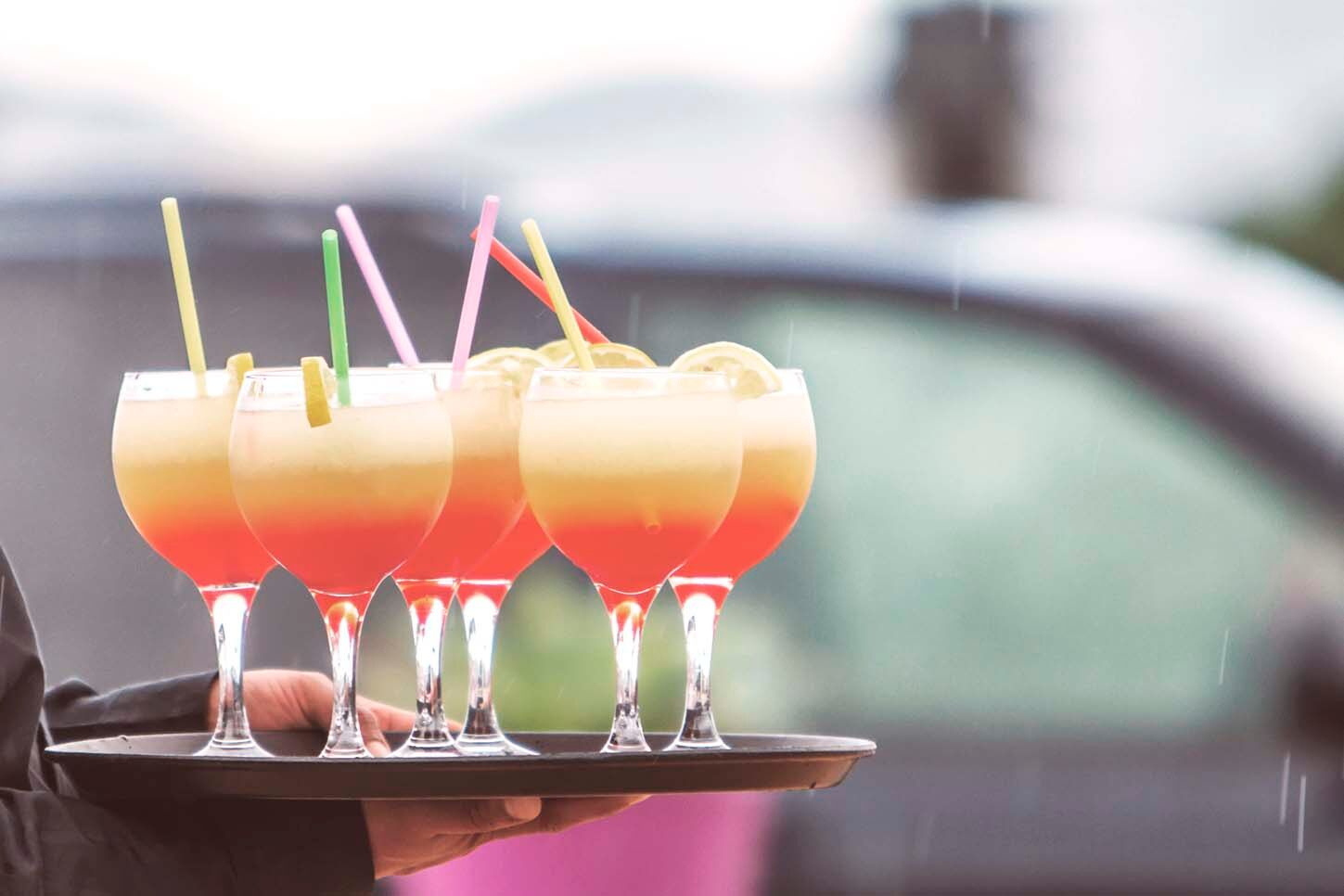
Contribute to saving the environment: come prepared
A reality of being on holiday is that there will be times when you do need a fork or knife or receptacle, and your only choice is plastic. Unless, of course, you come prepared.Get your hands on one of those handy reusable bamboo cutlery kits and keep them in your backpack, so you’re ready to gobble down all those local delicacies, guilt-free. Many of them also include bamboo straws.A small Tupperware is also a great thing to carry with you in case you want to take leftovers away with you after a meal or want to take a picnic with you on your day out.And, of course, a nice tote bag that you can fold away neatly when you don’t need it is invaluable.
Help protect the environment by making canny food choices
Being kind to the environment is often about being flexible and adapting to what’s available wherever you are and the facilities you have.If you have a kitchen available to you, then you might be able to visit a local supermarket and make choices that include minimal plastic packaging, preparing packed lunches and taking them out with you in your Tupperware. That can mean you can avoid street food involving disposable items.On the other hand, a meal at a sit-down restaurant (as long as straws aren’t involved) can sometimes be the more environmentally friendly option.
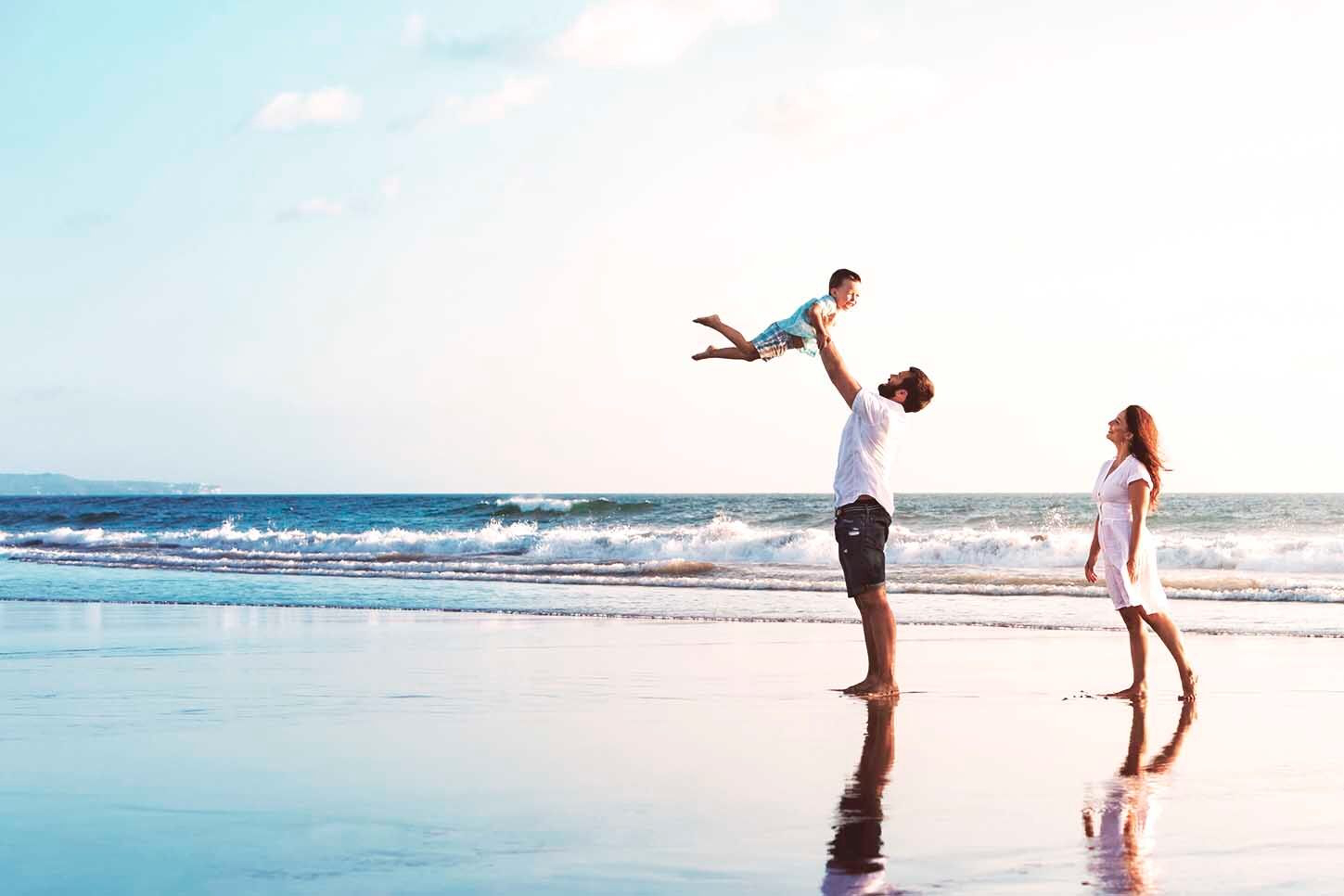
Easy ways to protect the environment: learn the language
As you might have gathered from the above, all of this will be much easier to negotiate if you have some grasp of the local language before you go.
Holiday activities to help the environment: beach cleans and litter picks
Whether you usually go on family holidays or tend to go away with your partner or with your friends, another way of helping our environment, on World Environment Day and every day of the year, is to squeeze a litter pick or a beach clean into your break.If you’re lucky enough to be on the beach, on holiday in the Canary Islands or the Balearic Islands or somewhere equally beautiful, then it can be heart-breaking to see all the plastic washing up on the shore. Take a bag with you when you go and fill it up, then recycle what you can if possible.This is a fantastic way to do your bit to help protect our environment whatever your circumstances but is especially good if you’re travelling with young children, to teach them about caring for the environment.
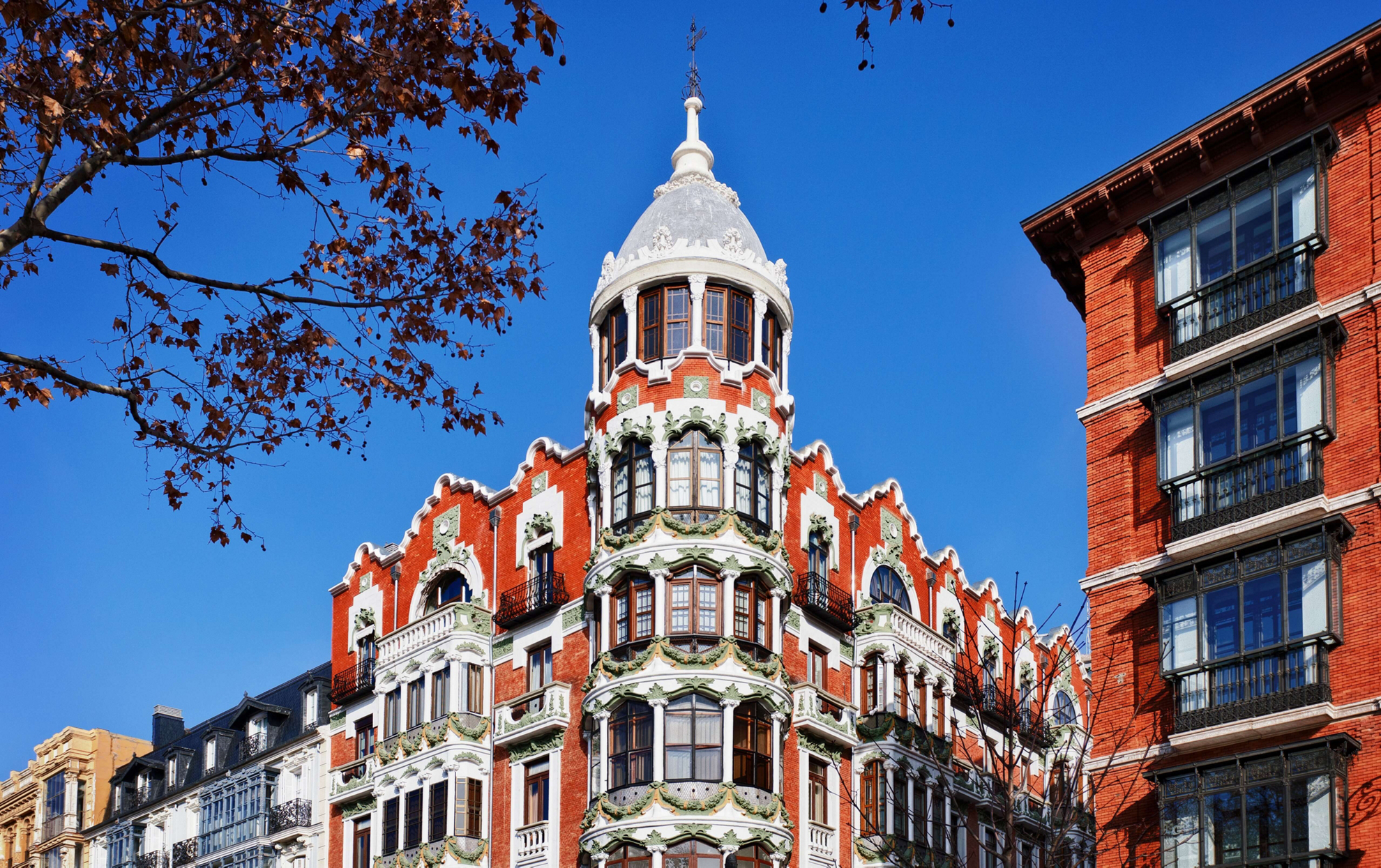
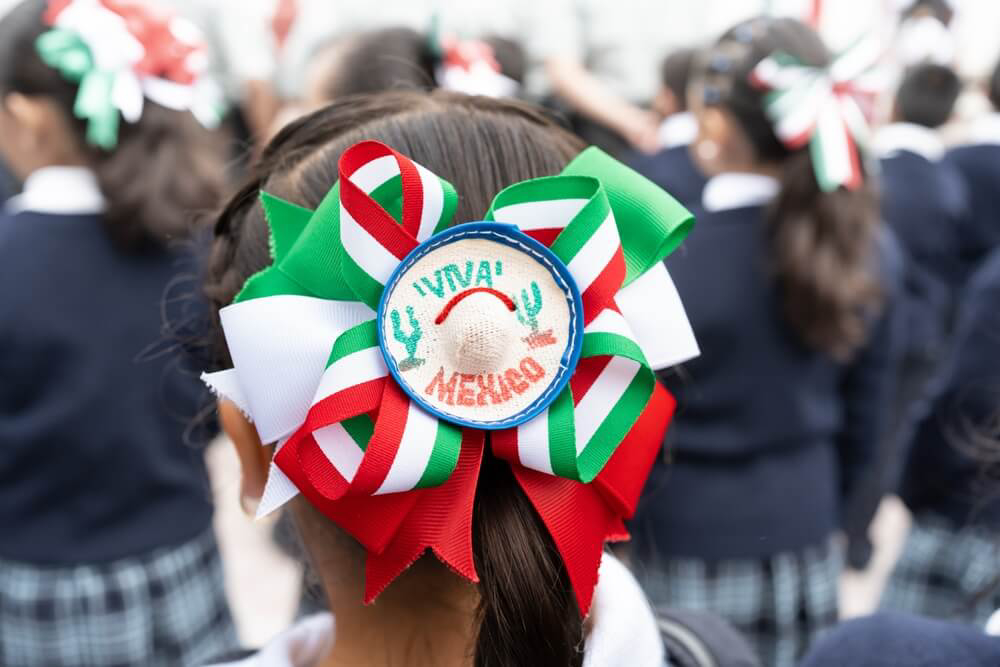
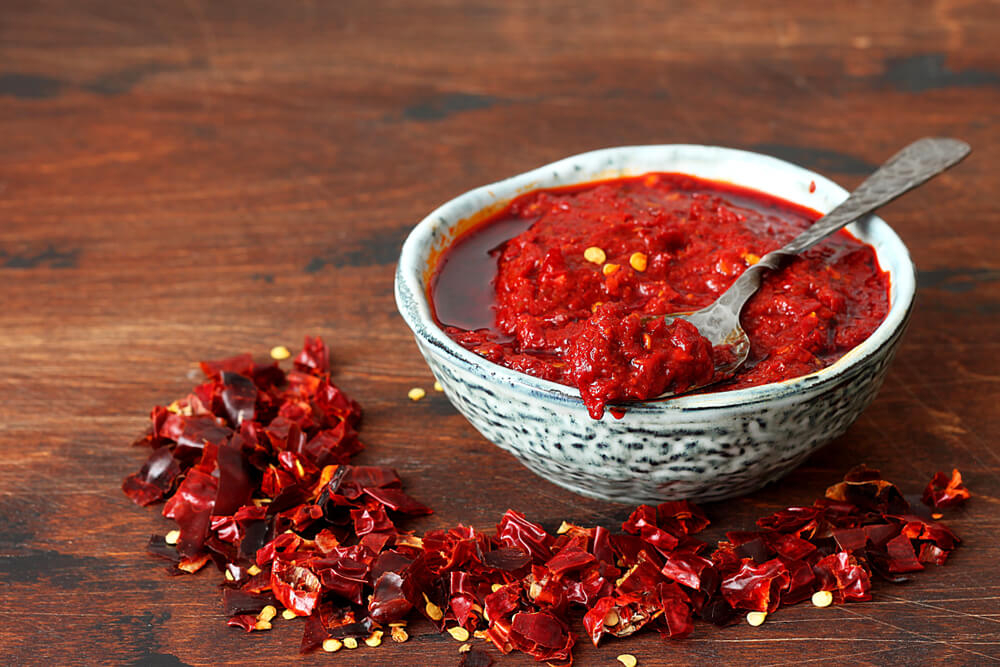
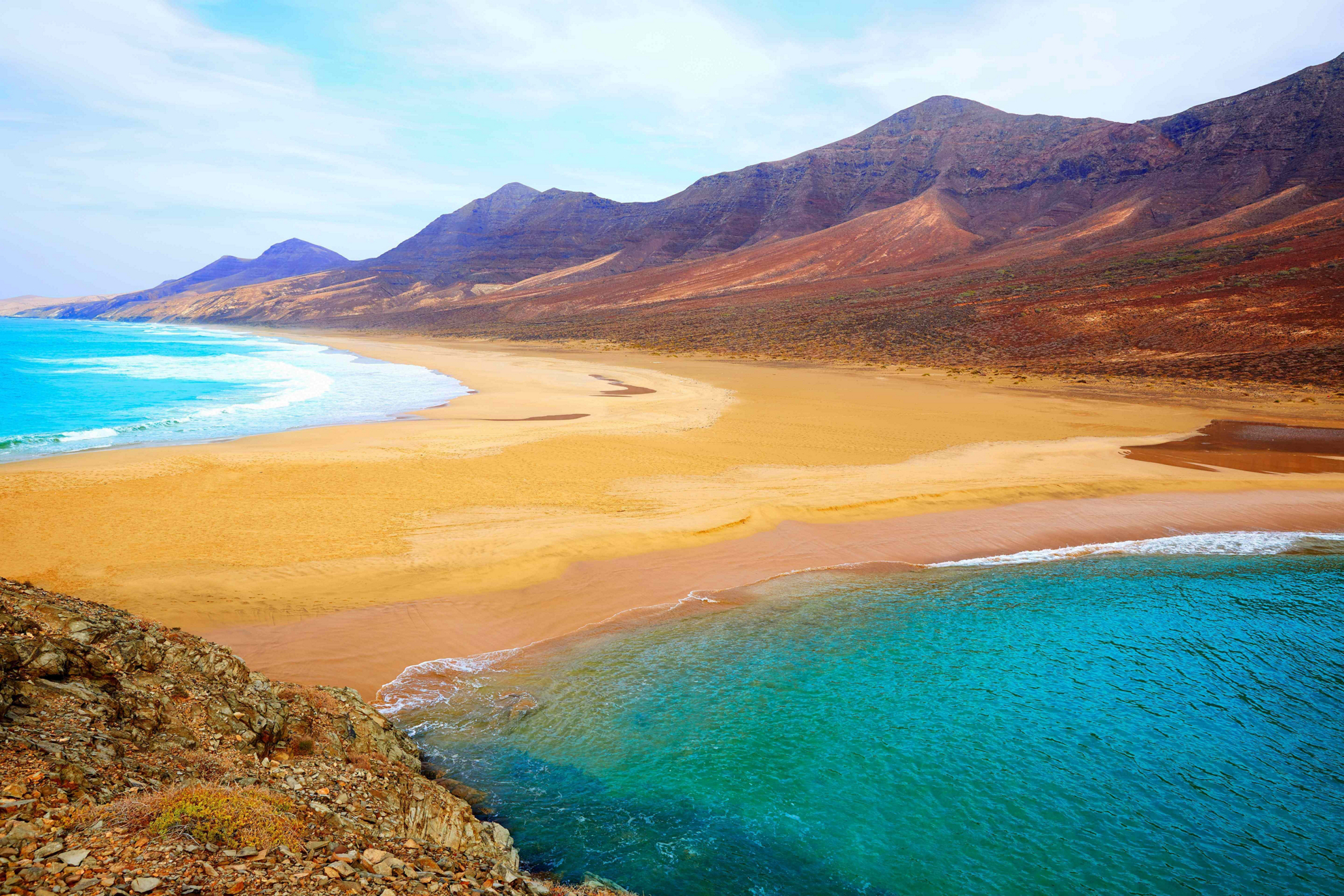


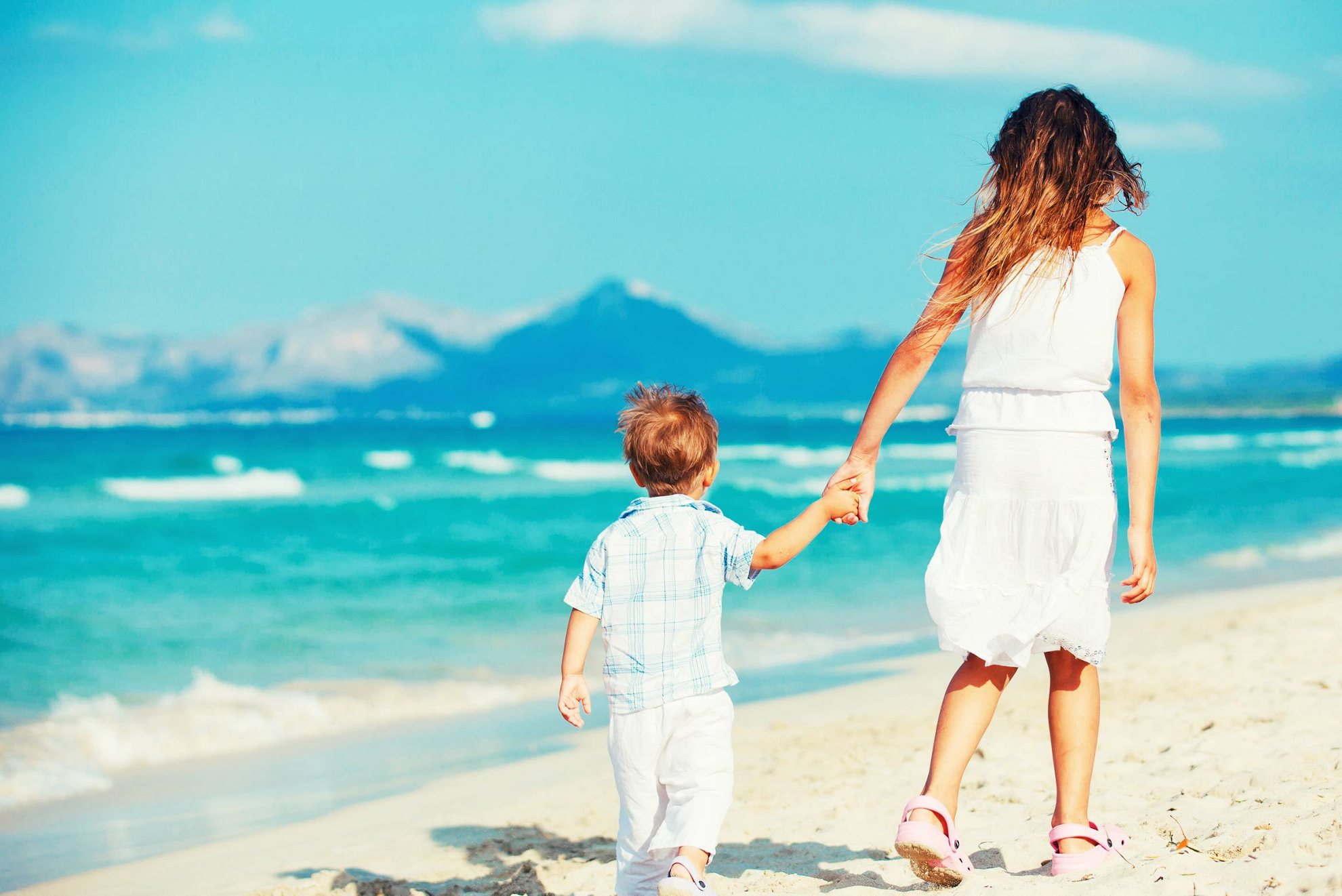

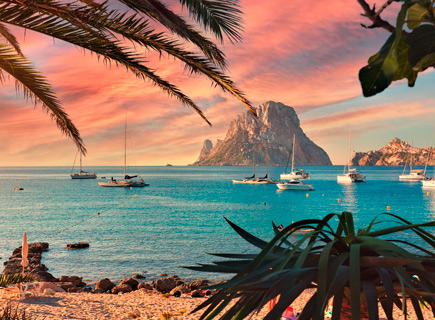
_435x320?&)

